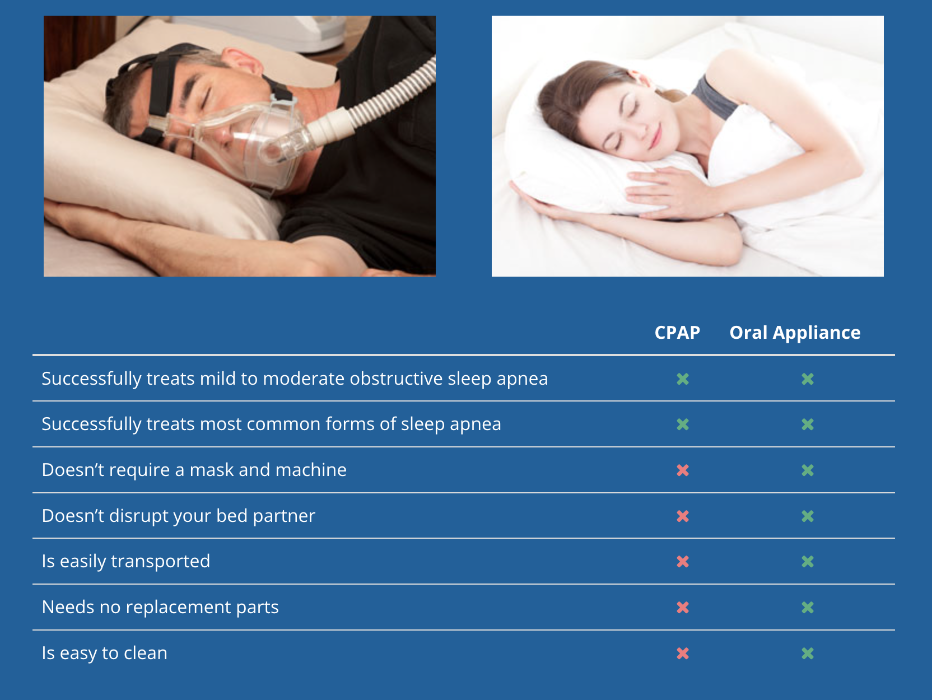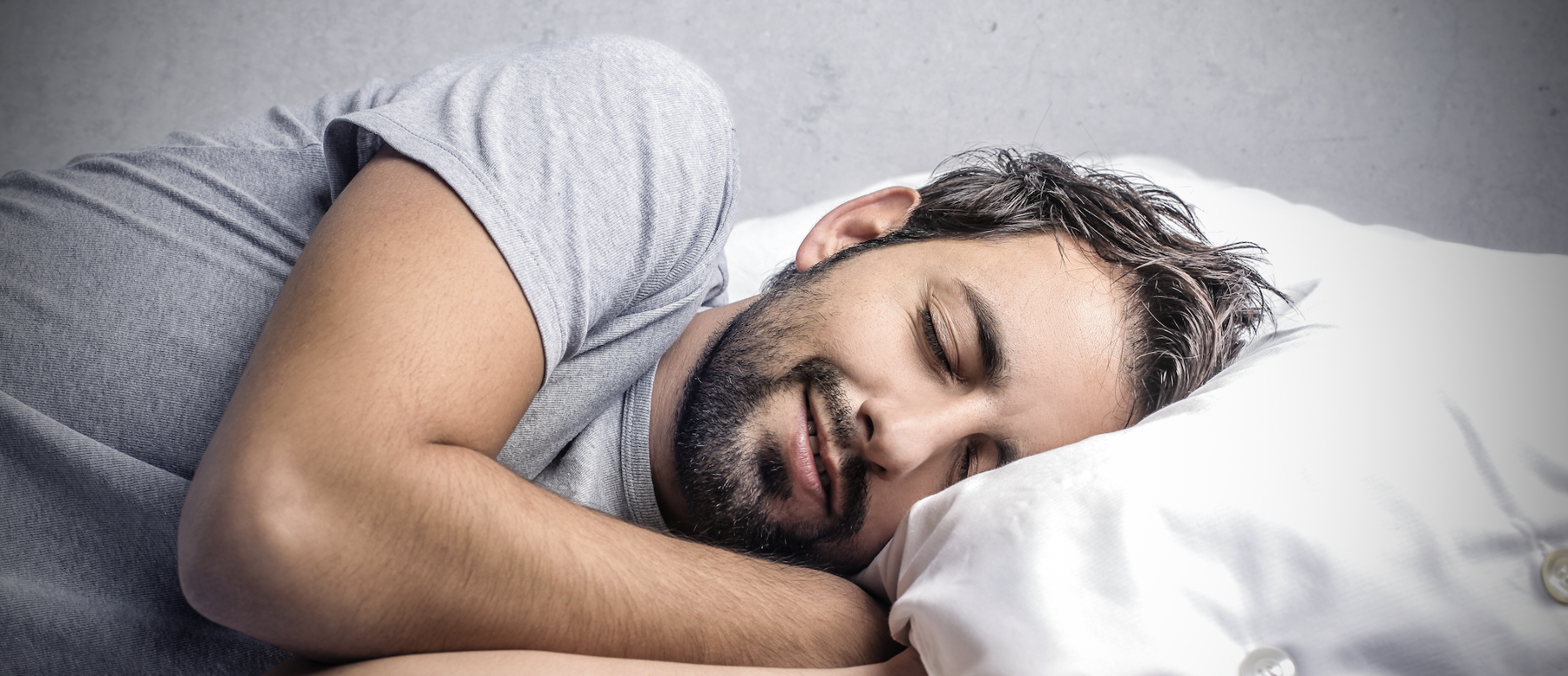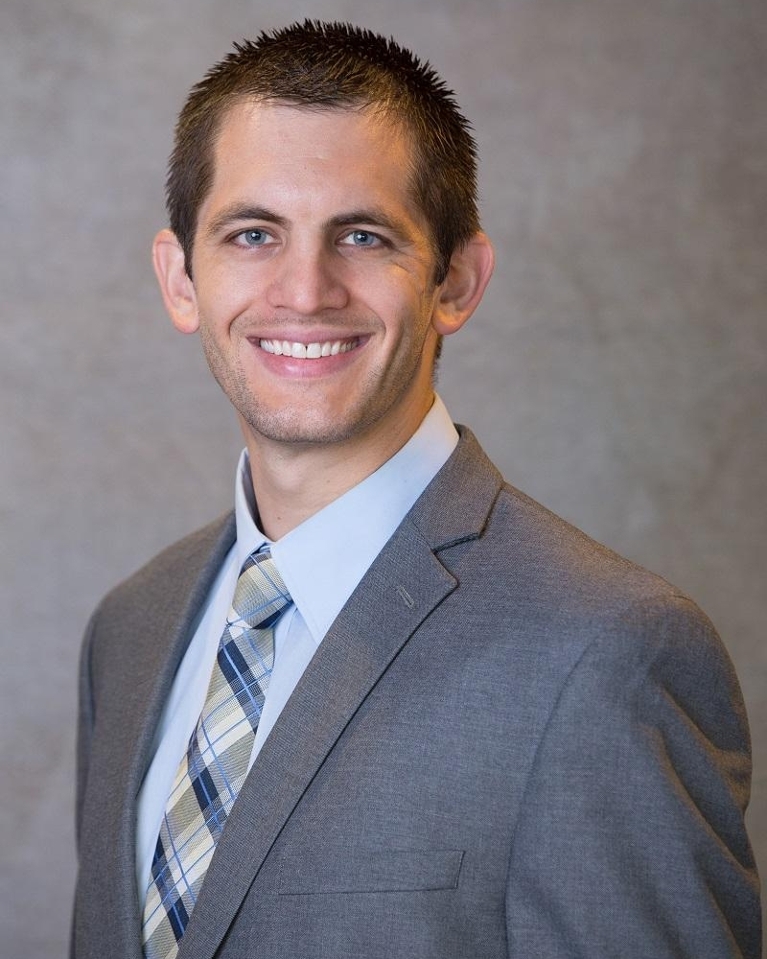What Can Treat Sleep Apnea?
Sleep apnea can be treated and managed in many ways. The treatment method depends on the patient’s unique case, what type of sleep apnea they have, symptoms, and severity of the condition.
Treatments for sleep apnea consist of self-care, supportive care, and surgery.
Self-Care
Mild cases of obstructive sleep apnea may be managed through self-care, such as weight loss, nasal strips or sprays, or limiting the use of sedatives like alcohol. Excess weight compresses the throat muscles, making it more difficult to breathe. Likewise, drinking alcohol or taking sleeping pills to relax or collapse the throat, leading to more frequent apneic episodes.
Sleep apnea typically only occurs when a person sleeps on their back, so consider using a wedge pillow and sleeping in a different position. Also, those with sinus issues or congestion can use breathing strips or nasal sprays to improve airflow.
Supportive Care
Patients with mild to moderate OSA may use oral appliance therapy or a continuous positive airway pressure (CPAP) machine. Your sleep doctor can offer you other options, depending on your specific needs.
Oral Appliance Therapy
Oral mandibular advancement devices or dental appliances move the jaw forward and prevent the tongue from blocking the airway. Your dentist can create a custom oral appliance for an effective and comfortable fit.
CPAP Therapy
CPAP therapy provides pressurized air through a face mask to prevent airway collapse during sleep. Many patients prefer other options because CPAP can be noisy, uncomfortable, and inconvenient for travel.
CPAP vs. Oral Appliance Therapy
Many patients prefer the comfort and effectiveness of oral appliance therapy.

Surgery
Surgery is often the last resort for treating sleep apnea, and the candidacy for surgery depends on the patient’s specific case. If certain anatomical structures or excess soft tissues block the airway, your doctor may recommend surgery to alter or remove them. Common surgeries to treat sleep apnea may include tonsillectomy, palatoplasty, adenoid removal, or septoplasty.
Contact Your Sleep Specialist Today
Do you snore loudly or struggle to get a good night’s sleep? Sleep apnea could affect your health and ability to rest and recuperate during sleep. We ask that you consider speaking with your sleep specialist about sleep apnea screening, testing, and treatments. Personalized care can make a world of difference and help you attain a better quality of life!
Please get in touch with your sleep doctor today to learn more about your options for sleep apnea treatment.

